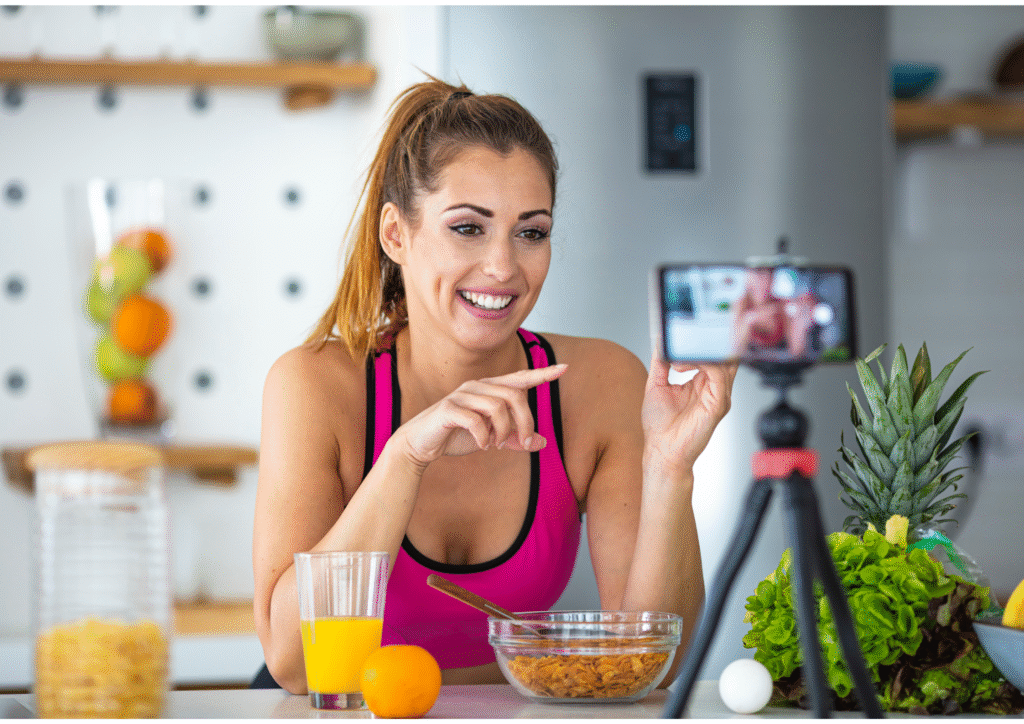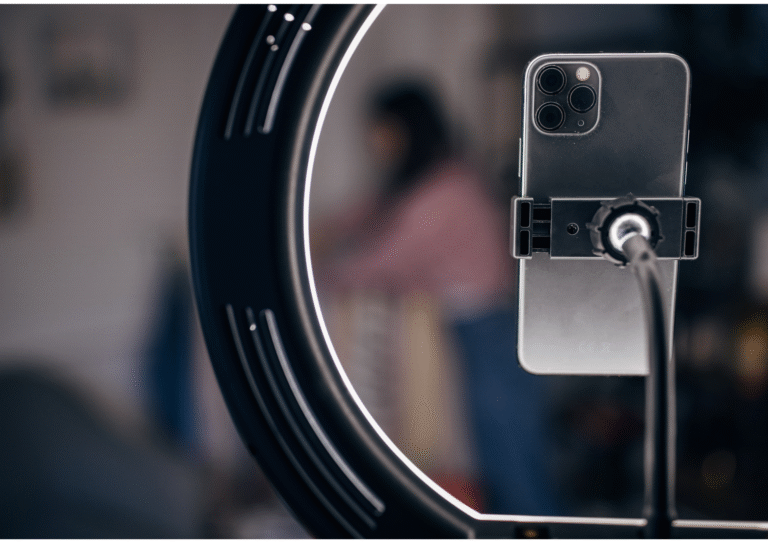Explore Toxic Positivity in Influencer Culture: What It Is and Why It’s Harmful, from Instagram #PositiveVibesOnly trends to wellness guru oversharing, and learn how this trend undermines real emotion and mental health.

What if the endless parade of cheerful affirmations from influencers is actually messing with your feelings? If you keep reading, you’ll be closer to recognizing when positivity becomes toxic. Because toxic positivity in influencer culture matters more than we think. It shapes how we feel about ourselves, silences our true emotions, and even harms mental health.
Influencers often fill our feeds with bright quotes, perfect progress pics, and relentless cheer, implying that real strength means never feeling down. That may feel uplifting at first, but it creates a pressure cooker where negative emotions are unacceptable.
A 2024 analysis highlights this. Dr. Zoe Wyatt describes toxic positivity as the overgeneralization of being happy, which silences normal feelings like sadness or fear pamelarutledge.com+2ResearchGate+2ResearchGate+2. On Instagram and Facebook, influencers sharing #PositiveVibesOnly content often encourage hustle culture, especially during the pandemic, feeding a narrative that rest, grief, or real emotions are “weak” .
However, positivity itself isn’t the problem, it’s when it becomes a mask for ignoring real feelings. Psychologists warn this leads to emotional suppression, hindering healing and increasing anxiety .
On the other hand, some argue that positivity helps resilience. Optimism can boost mood and focus. But toxic positivity demands optimism at all times, dismissing complexity.
A Brief Dark-Humor Glitch Moment
I once posted a cheery “rise and shine!” video at 6 a.m. and promptly face‑planted tripping over my dog leash. My caption was “Still better than being late, right?” I laughed, but it reminded me that glossing over embarrassment doesn’t make it go away.
That edge, glossing over emotions, echoes Wyatt’s warning: suppressing emotions like sadness, anger, or fear prevents growth and coping ResearchGate+9Unwanted Life+9Medium+9. In other words, toxic positivity disables emotional intelligence.
Still, it’s easy to empathize with influencers. They want to inspire. They aren’t villains. Some genuinely feel better spreading sunshine.
But the effect on followers is real. A 2024 New Pitch Orion study showed that momfluencers glorifying perfect motherhood made new parents feel anxious, inadequate, and deeply insecure New York Post. When positivity is curated, resentment and comparison thrive.
As a result, people may feel mentally exhausted, unable to share normal struggle or ask for help. That’s the harm behind endless cheer.
“Positivity becomes toxic when it implies we must always look on the bright side and not feel hard emotions.”
— Dr. Susan David, Harvard in Washington Post Medium+2SELF+2Wikipedia+2arXiv+3The Washington Post+3The Sun+3
That quote gets right to the heart of it: when positivity replaces rather than supports emotional realism, we lose true self-awareness.
Why Toxic Positivity Persists
Social media amplifies this. Through affirming posts, bright imagery, and hashtags, influencers generate engagement—but also drain emotional nuance. Psychologists link it to the Pollyanna Principle—focusing only on the positive to the detriment of reality hj.diva-portal.org+15Wikipedia+15ResearchGate+15.
On Instagram, toxic positivity overlapped with “hustle culture” during the pandemic, driving Gen Z into burnout while seeming motivational ResearchGate. That kind of positivity demands action—even when rest is needed.
Yet a better path exists. Psychologists like Krista Thomason from TeenVogue call for emotional realism—accepting all feelings as part of being alive, not problems to fix Teen Vogue. Digging deeper into sadness or fear can actually build strength.
What You Can Do Instead
If you feel pressured by influencer cheer, here are gentle steps to re-center:
- Allow hard feelings. Pressure to stay upbeat is normal—realizing it can change your emotional health.
- Unfollow or mute. If constant positivity leaves you unsettled, give yourself space.
- Seek emotional realism. Follow voices that validate all emotions—TikTok creators discussing burnout, people sharing loss, or science writers on pain.
- Check in. Ask yourself: Do I feel relief—or guilt—when fake-cheer hits my feed? Awareness sparks change.
As a result, you can reconnect with genuine emotions and stand grounded in emotional complexity.
This explainer on Toxic Positivity in Influencer Culture: What It Is and Why It’s Harmful shows why recognizing unrealistic cheer helps you feel, heal, and resist burnout.
Final Thoughts
In the end, toxic positivity in influencer culture isn’t just fluff, it’s a mask that can hide struggles, fuel insecurity, and derail healing. But it doesn’t have to define us.
Try breathing with the whole emotional spectrum. Embrace messy feelings. And next time an influencer’s feed expects constant sunshine, remember: rain helps growth too.
Your feelings are valid. You deserve the full emotional weather, even online.




